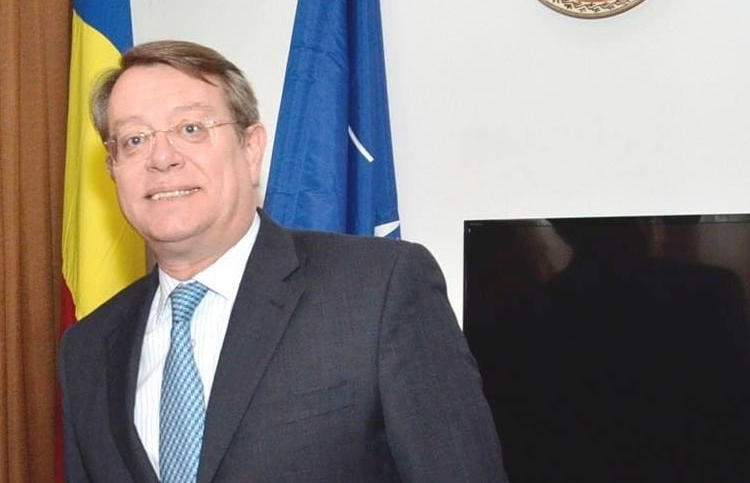The Diplomat
The protection of Ceuta and Melilla against possible external attacks corresponds mainly to Spain, but it can also count on the support of NATO, whose treaty covers “the defense of the entire national territory”.
These are some of the conclusions of the webinar Spain facing the future of NATO, organized yesterday by Europa Ciudadana, an academic think tank specialized in European affairs.
“The first thing is self-responsibility,” warned Carlos Echeverría, professor of International Relations at UNED. “Spain has to invoke its national defense to defend Ceuta and Melilla and, subsequently, take pedagogical and political action with the rest of the allies,” he continued. In any case, he admitted, “having NATO’s support is good for the defense of Ceuta and Melilla”.
For his part, Javier Rupérez, former congressman and former Spanish ambassador to the United States, declared that the defense of Ceuta and Melilla corresponds “primarily” to Spain, “regardless of the fact that the NATO treaty covers the defense of the entire national territory.” “We must secure our territory with all our defense and deterrence capabilities, which will serve as a show of solidity among our allies,” he added.
Regarding the upcoming NATO summit, to be held in Madrid during June 29-30, which has gained special importance after the Russian invasion in Ukraine, Carlota García, senior researcher at the Elcano Royal Institute, recalled that this meeting will define the strategic concept of the organization for the next ten years, one of “the most relevant”. She also warned that, in addition to facing the Russian invasion in Ukraine, Spain and the other NATO member states “must not lose sight” of other challenges, such as the revision of its framework for intervention, the threat from China, cybersecurity or future pandemics.
For his part, Javier Rupérez expressed his hope that the summit would be a success “both in substance and in form” and that it would serve both to lay the foundations for the next ten years of NATO and to strengthen its capabilities.
Likewise, Carlos Echeverría warned that Spain “must go a step further” in the construction of its policy of unity and security of Defense because “we are all interested in a strong Atlantic Alliance, which implies the reinforcement of all member states”. “Spain has to have a deterrence that no one can question” and, therefore, “must invest in Defense and reach that 2% of GDP,” he continued. “Our geographical position is very demanding, as the south challenges our security,” he said.







